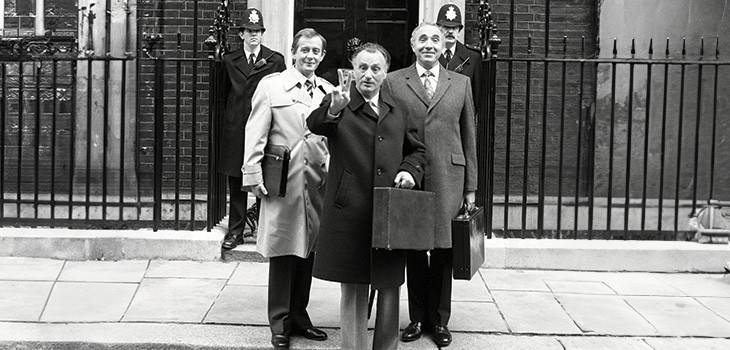
- Redaction is justifiable only where it is necessary for good and sufficient reason.
- Redacting civil servants’ names is ‘inimical to open government and unsupported by authority’—Bean LJ.
On 25 February 1980 (long before the Freedom of Information Act 2000 and its provisions for public authority information disclosure), Permanent Secretary Sir Humphrey Appleby, in episode 1 of the BBC’s Yes Minister declared: ‘Open government is a contradiction in terms. You can have openness. Or you can have government. You can’t have both.’
This came to mind when, on 2 February 2024, the Court of Appeal in Secretary of State for the Home Department and Secretary of State for Levelling up, Housing and Communities v R (on the application of IAB & others) [2024] EWCA Civ 66 had to determine an important issue concerning redaction of civil servants’ names from evidence. This had been adduced by the defendant secretaries of state in a prospective challenge to the lawfulness









